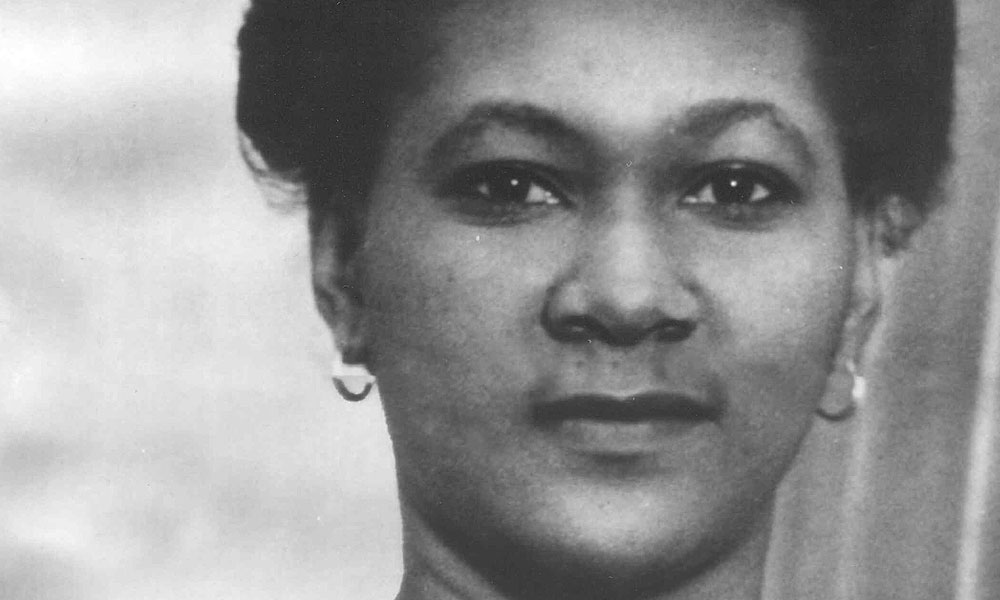
Joseph Alexander Nathan was born on the 28th February 1881 to Joseph Nathan a butcher in Irish Town and his wife Alice nee Brisco. He was to become the most militant of the union organisers.
In October 1896 he had applied to the government for a certificate of nationality, migrating to the US soon after. He returned to St. Kitts sometime before 1912 and entered the retail trade, establishing a small business which he called The International Supply Association.
He was strongly anti-colonial in his outlook and was described by the authorities as ‘waster and a pro-German.” He was in fact an admirer of German militarism and efficiency. With the First World War raging in Europe, such an attitude was not at all popular with the Colonial Authorities.
In 1916 the St. Kitts Universal Benevolent Association was launched and Nathan was its secretary. Before the public, the UBA was an organization aimed at providing benefits for its members. However it was also involved in labour agitation directed in particular against the Masters and Servants Act of 1849. On the 3 October 1917, Nathan wrote a letter on behalf of the UBA requesting its repeal. Following the passing of the Trade and Labour Union (Prohibition) Ordinance no. 9 of 1916, Nathan was able to smuggle out a letter to Samuel Gompers of the American Federation of Labor enclosing a copy of the ordinance appealing to Gompers to use his influence in support of the working class of the Presidency and to bring the issue to the attention of the British “Federation of Labour” and the Secretary of State for the colonies. Gompers informed the Secretary of the TUC on the matter and a question on the Ordinance was raised in Parliament. Trade Union circles in England raised a flood of protests on the matter.
After Solomon’s death and the election of Sebastian as President, Nathan found himself isolated. Sebastian’s moderate approach to politics limited the UBA’s activities to those of a purely benefit society. The new President’s priority was the running of the newspaper. Nathan was left to, almost single-handedly, run the organization. He devoted his attention to achieving a growth in membership but, as neither the government nor the employers would recognize it as a bargaining agent for workers, the number of members of the UBA declined drastically.
In 1932, the Worker’s League was founded and Joseph Nathan was a member of its Executive Council. Three years later he launched another attempt to revive the UBA among estate workers. He invited head cutters and head cart men on the various estates to attend a meeting to discuss wages for the reaping of the 1935 crop. According to Nathan’s report of the meeting, the participants agreed that the UBA should represent them on matters of wages and working conditions. However, he advised the gathering that since there would be no increase in the price of cane that year, wages offered should be accepted. Sections of the meeting left in disappointment. Nathan’s sense of caution left him, and the UBA, without a following. The authorities however saw him as the instigator of the riots.
Two years later the Workers’ League contested the first election in sixty years. Nathan remained in the background and demonstrated his dissatisfaction by stating that neither candidate seemed to be seriously talking about organised labour and increased wages. In 1939, following the passing of the Trade Union Act, Nathan again attempted to form a trade union. On the 6th February of that year he wrote to the administration appealing for a grant of £300 for the purpose of organising a trades and labour union in the presidency. The Executive Council unanimously rejected his request.
In 1940 Nathan was charged with making a public statement about the war intended to cause despondency. He was found guilty and sentenced to pay a fine of £2 or serve 21 days in prison. He chose to pay the fine.
In 1943 Joseph Nathan suffered a stroke from which he recovered enough to enable himself to move around town although with some difficulty. Another stroke, however ended his life on 11 August 1948. He died at his home in College Street and was survived by four children.




